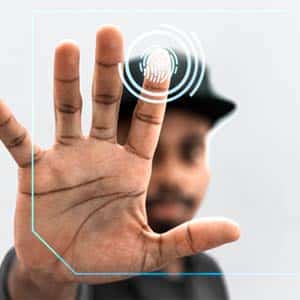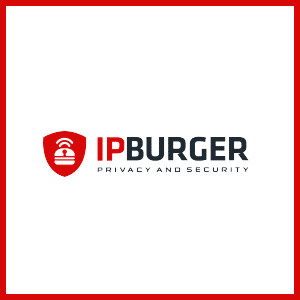One of the most commonly used services on the internet is file sharing. File sharing technology enables individuals or organizations to transfer content easily. On the internet, most individuals prefer peer-to-peer (P2P) sharing services as they are fast, contain a lot of content that cant be found anywhere and a single entity does not govern most of the peer-to-peer services, majorly is just an interface where users can go and download files which are hosted in other users computers. The only governing involved is that of the peer-to-peer protocol.
Besides being convenient, some peer-to-peer file sharing services are also a risk to the users in that they may contain copyrighted material or the content may have malware. Also, cybercriminals may use these services to mitigate other online attacks and threats such as identity theft.
Online file sharing risks (P2P)
Risks associated with P2P file-sharing technology are usually about personally identifiable information and other sensitive content. These risks come about due to trust. P2P individuals don’t know each other, and you only trust that the other person has good intentions and is sharing files that are clean and won’t cause harm to you or your device.
- Malware

- Unintentional/intentional data access

- Copyright
P2P services can be used to share content illegally. That’s is, sharing content that is copyrighted without the knowledge of the owner. With copyright agencies lurking in these filesharing services, downloading such content will attract heavy fines, jail time or both,
Stay Safe
To stay safe when using online filesharing services you need to apply the online privacy practices.
- Beware of the content
Don’t share private, sensitive content on P2P services; similarly, be careful on the files you download from these services. Always subject them to antimalware and antivirus scans to check if they are loaded with malicious codes. Also sharing and downloading of pirated content can land you in serious trouble with the law.
- Use a firewall and other internet security software
A firewall prevents unauthorized outside entities from accessing your computer as well as the resources on your computer from accessing the open internet. This helps in minimizing access to your data and information. Internet security software provides alert about files you download and also provides malware and virus checks.
- Use a VPN




